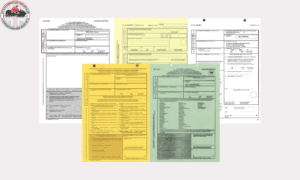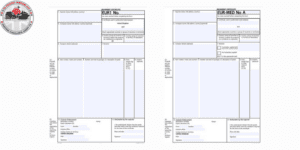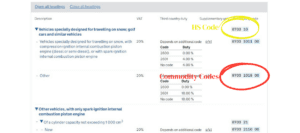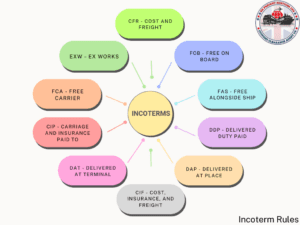Guitar Imports UK | Your Ultimate Guide to International Guitar Trade
Guitars are most popular string instruments that are used in various genres of music. From rock and roll to classical pieces, guitars play an integral role in creating beautiful melodies and harmonies. They are versatile instruments that can be used for solo performances or as accompaniment to other instruments such as drums and pianos. However, these guitars may be costly investments or potentially unavailable in the UK.
Import Guitars to UK:
Most of the guitars sold worldwide are manufactured in the US, Japan, and Korea. While some of these manufacturers have distribution networks in the UK, others may not be readily available. To import guitars to United Kingdom, you need to understand the required procedures and regulations.
Understanding the Import Process:
First and foremost, it is important to research and find a reputable guitar manufacturer or distributor that offers competitive prices. This can be done through online marketplaces or by attending music trade shows and exhibitions. Once you have found a suitable supplier, the next step is to understand the import process.
Regulations and Documentation:
The UK has various regulations and standards for importing goods, including musical instruments. These regulations aim to ensure the safety and quality of products being imported into the country. As such, it is important to obtain all necessary paperwork and documentation before shipping guitars to the UK. This may include a bill of lading, commercial invoice, and a certificate of origin. It is better to get help from customs agency
Import Duties:
Importing guitars to the UK also comes with tax and duty implications. According to UK Integrated Online Tariff, you have to pay 0% to 2% duty on guitars, depending on the country of origin.
VAT:
Apart from import duties, you also need to pay Value Added Tax (VAT) on guitars being imported into the UK. The current VAT rate in the UK is 20%, which will be applied to the total value of the guitars including shipping costs.
Shipping:
Once all necessary documentation and payments have been made, the next step is to arrange for shipping of the guitars to the UK. This can be done through air or sea freight, depending on the quantity and urgency of the order.
Final Verdict:
When it comes to customs clearance, relying on up-to-date information is crucial. In addition to your existing knowledge, it’s essential to consult with a qualified customs clearance agent. They can provide you with the latest updates on regulations and procedures.
Compliance with import regulations is vital, as failure to do so can lead to your guitars being held by customs or even denied entry into the country. To safeguard against any potential damage during transit, it is highly recommended to purchase insurance for the shipment. Taking these precautions ensures a smooth and secure import process for your guitars.





